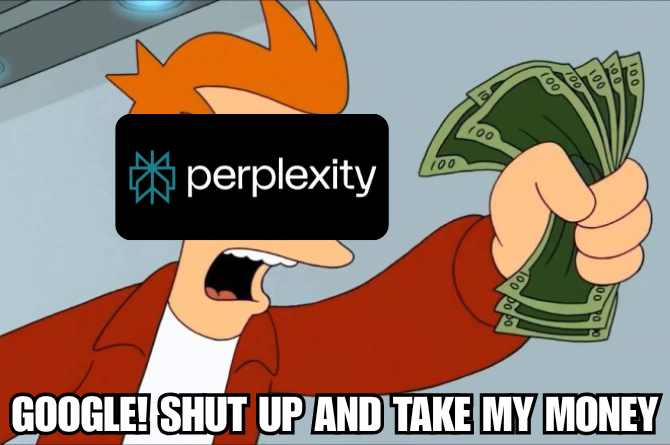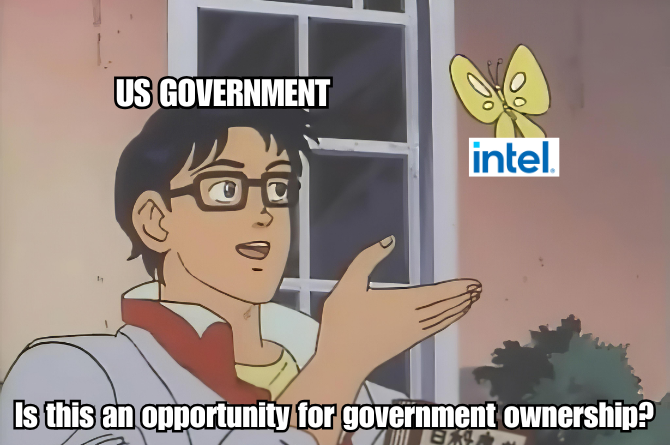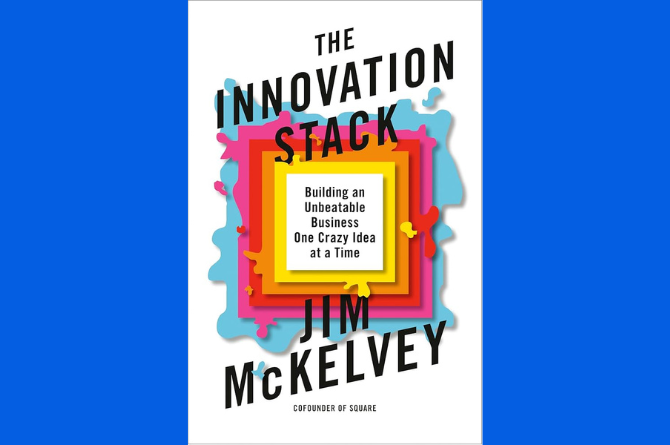August 17, 2025

Whoever said August is when things slow down clearly hasn’t read a headline lately. Between the nonstop global political news cycle, Taylor Swift announcing a new surprise album, and our growth at mogul accelerating faster than ever, it’s safe to say this month has been anything but quiet.
If this is what a “slow” month looks like, I can't even imagine what's up next for the rest of the year. With that being said, let's get into it; there's a lot to cover today.
- Alex Blackwood

🧩 Perplexity’s $34B Chrome Grab - AI upstart Perplexity just lobbed a $34.5 billion takeover bid for Google Chrome, the world’s most popular browser. The move’s jaw-dropping for two reasons: Chrome isn’t exactly “for sale” (even after some antitrust courtroom drama), and Perplexity’s own valuation is only half that. Still, they claim Wall Street’s ready to chip in for the buyout, positioning themselves as some public-interest saviors. Tech insiders are calling it a wild PR stunt. Even so, with Google mum and legal verdicts still cooking, the browser battle is officially on.
🌡️ Inflation Hits Cruise Control - U.S. inflation is sitting tight at 2.7%, steady from last month and undershooting most forecasts. For everyday folks, that means the wallet-sting isn’t getting worse…or better. Used car prices are up, shelter and energy costs ticked down, and core inflation (minus food and energy) edged up to 3.1%. So, nothing too scary, but nothing truly “cooling” either. The Fed’s still on rate-watch, and Americans are still waiting for some actual relief in the checkout lane.
🏠 Mortgage Rates Hit 2025 Low - Finally, homebuyers get some good news: mortgage rates just slipped to their lowest point this year. The 30-year fixed hovers at 6.66%, and while that’s no 2021 flashback, it’s better than last year’s mountain-highs. The dip has sparked a little optimism, but high home prices still scare off many buyers.

Washington is rewriting the big tech playbook, turning “industrial policy” from a buzzword into something you can see on a ledger. The Trump administration is reportedly considering a direct financial stake in Intel. Why? To jumpstart American chipmaking at home, especially as Intel’s Ohio “Silicon Heartland” project keeps running into delays and ballooning costs. This isn’t just a handout; we’re talking about Uncle Sam potentially becoming a stakeholder, bringing with it milestones, oversight, procurement carrots, and…a lot of fine print.
Wall Street got the memo fast. Intel shares popped on the news, with investors betting that federal backing could finally put some real muscle behind U.S. chip plants. But let’s not get carried away; nothing is finalized. The administration is “exploring” options, and the real questions, i.e. how big a stake, what kind of influence, and exactly what’s expected in exchange, are all still TBD. The fact these talks are happening at all shows just how much more hands-on D.C. wants to be in the tech supply chain game.
Uncle Sam Eyes Intel
Intel has struggled to get its much-hyped Ohio fab campus up and running on time or within budget. If the rumored federal investment goes through, it would stack on top of CHIPS Act money, giving Intel a legit safety net. Investors see that as less balance-sheet risk and maybe a leg up landing fat government contracts. The catch: will public policy priorities end up trumping shareholder returns? For now, Wall Street likes the idea, but at the end of the day, execution and leadership will decide if Intel can really make the leap.
Nvidia (and AMD) at the Tollbooth
Another plot twist: the Trump administration reportedly hammered out a deal requiring Nvidia, and reportedly AMD, to fork over 15% of their China AI chip sales revenue to the U.S. government if they want to keep selling there. Critics are already calling it “bizarre,” and legal challenges are probably on the way. But for the companies, it’s the price of doing business: keep some China revenue, but with a meaningful margin cut. For the White House, it’s control, oversight, and a window into who’s buying what overseas.
What It Means for Tech Investors
This is D.C. dialing up industrial policy with real teeth: capital, oversight, and “pay-to-play” rules for global markets. Intel could finally get the time and capital it needs, but also more public scrutiny. Nvidia and AMD keep a foothold in China, but must hand over a slice of the pie. For the rest of the tech world: this is probably just the start, especially for strategic industries.
Capital is following policy; expect D.C.-favored companies to get the best deals and contracts, while others face tougher regulatory risk.
Margins aren’t just a function of factories; they’re now about what politicians decide in Washington boardrooms.
The fine print matters; watch for the specifics on Intel’s deal, procurement, and how the Nvidia “China toll” shakes out.
Bottom Line The days of a hands-off Uncle Sam in tech are over. D.C. wants a seat at the table…sometimes at the board. In semiconductors, both cash and cash flow are now shaped by politics. Watching Capitol Hill is now suddenly as crucial as any earnings call.


After the rapid sellout of The Piggy Bank, The Gilmore is now the only open opportunity we have in Arizona.
This fully renovated and fully occupied 8-bedroom PadSplit in Tempe is a proven performer with significant upside. Tenants are staying for more than six months on average, and the appraisal came in at 5% above our original purchase price. Over the past year alone, this property has brought in more than $95,000 in verified income after fees.
Projected returns are just as compelling: year one yield tops 11%, the average yield over the hold is above 15%, and the potential levered profit is near $500,000.
With The Piggy Bank sold out and interest in Arizona properties at a record-high, The Gilmore stands out as your last available entry into this hot market. Don’t miss your chance to get involved before it’s gone.


Ever wonder how to build something your competitors can’t touch? Turns out, it starts with a problem no one else wants to solve.
I went into The Innovation Stack thinking it’d be another tidy set of “10 steps to build your dream business.” It’s not. Jim McKelvey, co-founder of Square, is more interested in telling you how to survive when there is no playbook...when the problem in front of you is so weird, so specific, that the only way forward is to invent the path as you go. He calls it an “innovation stack”: a pile of interconnected solutions that only exist because the problem forced you to create them, and which together make you nearly impossible to copy.
The stories are part business history, part entrepreneurial pep talk. You get the behind-the-scenes of Square taking on entrenched payment giants, but also the likes of IKEA redefining furniture, and Southwest Airlines rewriting air travel. Each example feels less like a case study and more like a campfire story about someone stubborn enough to keep going when common sense said quit. McKelvey doesn’t shy away from showing the mess, the false starts, and the “we have no idea if this will work” moments, which is exactly what makes it relatable.
This isn’t a book about disruption for its own sake. It’s about finding the people and problems nobody else is serving, and building something so perfectly fit to them that it’s laughable for a competitor to try to replicate it. It’s witty, humble, and might just leave you looking at that half-baked idea in your notes app with a little more curiosity...and maybe the courage to start stacking your own innovations.
⭐ 4.8 / 5.0 in my book (no pun intended)


Released by IBM in 1980, the IBM 3380 weighed over 500 pounds (225 kg) and cost up to $40,000. Today, you can store thousands of times more data on a tiny microSD card that fits on your fingertip.

Written by Alex Blackwood & Thomas Horcel
Receive this weekly recap when you sign up for our platform